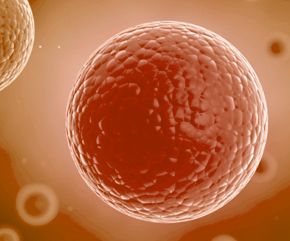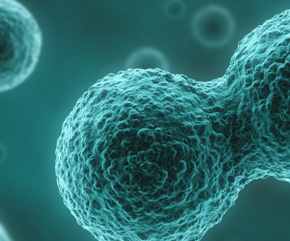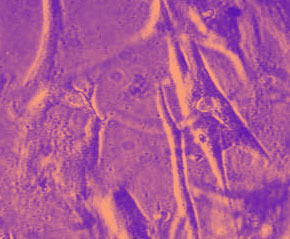
MyoCell
U.S. Stem Cell’s lead product candidate is MyoCell®, a muscle stem cell therapy that is intended to improve cardiac function months or even years after a patient has suffered severe heart damage due to a heart attack. The procedure involves a physician removing a small amount of muscle from the patient’s thigh. From this muscle specimen, muscle stem cells (also called myoblasts) are then isolated, expanded using U.S. Stem Cell’s proprietary cell-culturing process, and injected directly into the scar tissue of the patient’s heart. The cells are delivered by an endoventricular needle-injection catheter during a minimally invasive procedure performed by an interventional cardiologist or vascular surgeon. The muscle stem cells populate the regions of scar tissue and are intended to improve cardiac function by helping the heart muscle beat more efficiently.
The results of our Clinical Trial Marvel Part 1 were published in the American Heart Journal, the prominent peer reviewed medical journal. When compared with placebo, myoblast therapy was associated with sustained (six months) improvements in six minute walk distance of >90 meters, a clinically meaningful improvement. For congestive heart failure patients, this translates into returning to a more active lifestyle and a better quality of life.
Proposed Use
Autologous muscle stem cell therapy for the treatment of severe heart damage in heart failure patients
Status/Phase
Phase I, Phase I/II and Phase II trials completed. Phase II/III underway

MyoCell SDF-1
MyoCell SDF-1 has received approval from the FDA to begin human clinical trials and is intended to be an improvement to MyoCell. The myoblast cells to be injected are gene-modified prior to injection by an adenovirus vector so that they will release extra quantities of stromal derived factor – 1 or SDF-1 protein. Following injury which results in inadequate blood flow to the heart, such as a heart attack, the human body naturally increases the level of SDF-1 protein in the heart. By modifying the myoblasts to express SDF-1 prior to injection, the levels of SDF proteins in the heart can be increased. The presence of additional quantities of SDF-1 protein released by the myoblasts may stimulate the recruitment of the patient’s existing stem cells to the cell transplanted area and, thereafter, the recruited stem cells will assist in the tissue repair and blood vessel formation process. In preclinical studies, MyoCell SDF-1 provided a 54 percent improvement of heart function compared to 27 percent for the original MyoCell composition, while the placebo control treated animals declined by 10 percent. The preclinical studies also demonstrated that this product candidate can enhance blood vessel formation in damaged hearts.
Proposed Use
Autologous cell therapy treatment for severe chronic damage in the heart; cells modified to express angiogenic proteins.
Status/Phase
IND application approved July 2009

AdipoCell
Adipose (fat) tissue is readily available and has been shown to be rich in microvascular, myogenic and angiogenic cells. In collaboration with the Regenerative Medicine Institute in Tijuana, Mexico, congestive heart failure patients are being treated in a Phase I/II trial at Hospital Angeles Tijuana. These patients have demonstrated on average an absolute improvement of 13 percentage points in ejection fraction and an increase of 100 meters in their six minute walk distance.
U.S. Stem Cell has recently applied to the FDA to begin trials using adipose derived stem cells or AdipoCell™ in patients with chronic ischemic cardiomyopathy. The therapy involves the use of stem cells derived from the patient’s own fat (adipose tissue) obtained using liposuction. Transplantation of AdipoCell™ is accomplished through endocardial implantations with an injection catheter.
